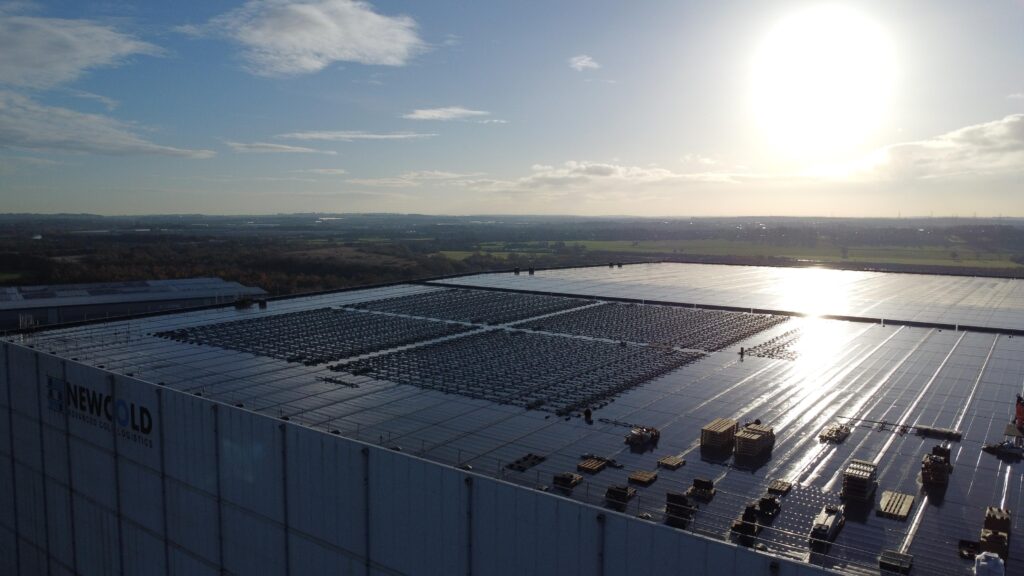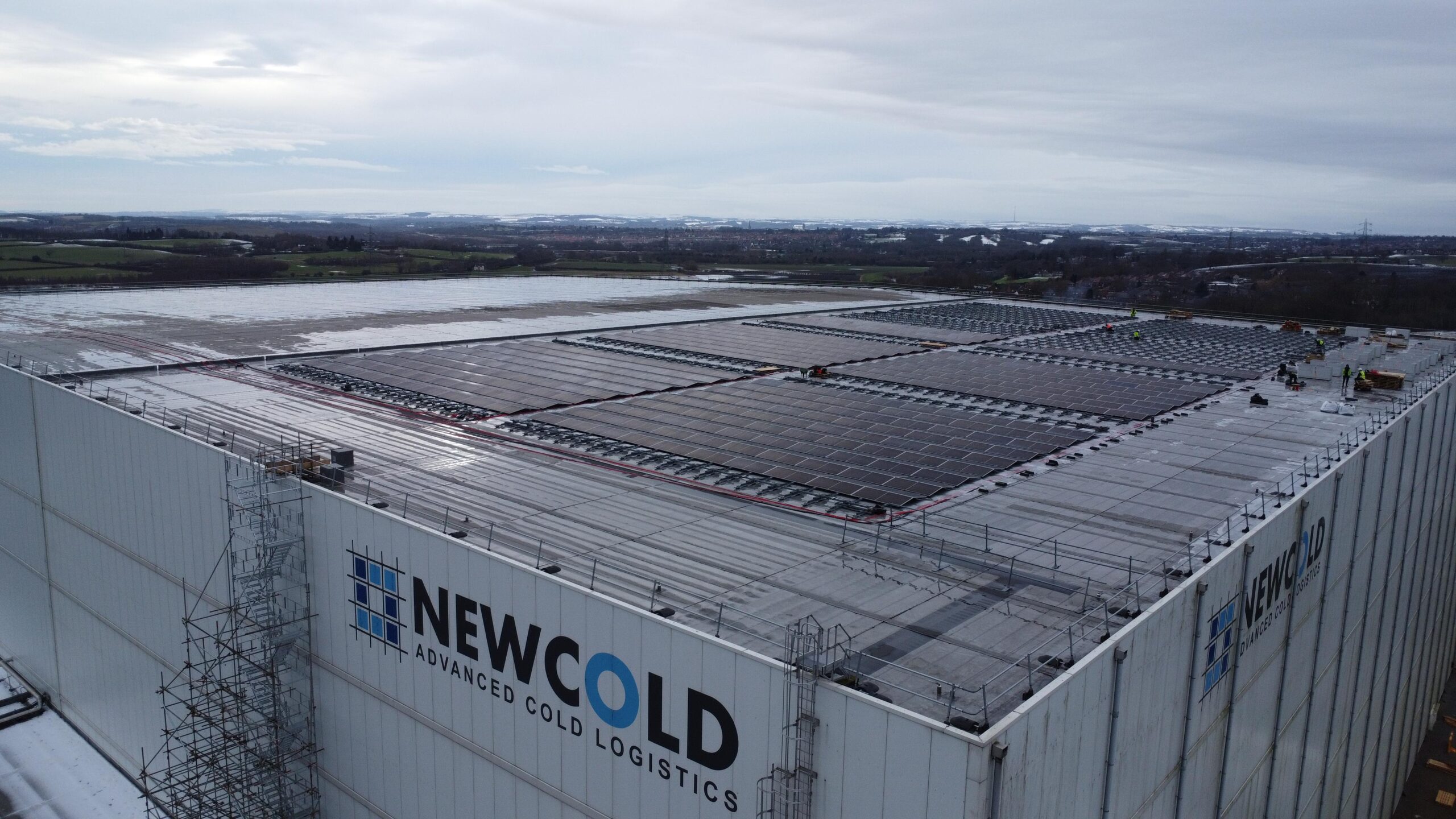When commercial property owners and senior decision-makers begin considering energy efficiency upgrades, one of the first questions that often arises is: Should I get solar panels for my business? It’s a valid question and one that has never been more relevant than it is today. With rising operational costs, shifting regulatory landscapes, and growing consumer pressure to adopt greener practices, the move towards solar energy is no longer a niche concept. It is now a mainstream solution, driven by proven results and long-term value.
This blog post will walk through the key reasons why solar panel systems, especially when paired with commercial battery storage, are becoming an essential part of business strategy. We’ll also explore the broader trends in renewable energy and what the future may look like for companies that invest early versus those that delay.
Starting with the basics: why businesses are asking the question
The question of whether to invest in solar typically starts with costs. Energy bills have consistently risen over the past decade, and wholesale market volatility has made it difficult for many businesses to forecast future expenditure with confidence. As businesses look for greater control and resilience, solar energy presents a clear and compelling solution.
Solar PV (photovoltaic) panels generate clean electricity on-site, reducing a building’s reliance on the National Grid. This has obvious benefits in terms of reduced utility bills, but it also allows organisations to take advantage of government-backed incentives and avoid peak-rate charges by generating electricity when it’s needed most.
Battery storage enhances this further by storing excess electricity generated during daylight hours. This stored energy can then be used during the evening or at times of peak demand, maximising self-consumption and providing a level of independence from volatile market rates.
Should I get solar panels? Understanding the financial value
From a purely financial perspective, solar panels offer one of the most reliable return-on-investment opportunities for commercial buildings. The typical payback period for a well-designed system is between 3 to 6 years, depending on consumption patterns and system size. Once the system has paid for itself, businesses benefit from free electricity generation for the remainder of the system’s lifespan which is often 25 years or more.
Additionally, battery storage systems can be configured to participate in Demand Side Response (DSR) programmes or other energy trading schemes, allowing businesses to monetise stored energy or offset peak-demand charges. For organisations that consume large volumes of electricity, such as manufacturers, warehouses, distribution centres, and multi-tenanted commercial buildings, the benefits quickly compound.
It’s also important to highlight that the cost of solar panels and battery storage has dropped significantly over the last ten years. Technological advancements and increased competition have driven prices down while improving overall system efficiency and reliability. For many commercial property owners, this means the technology is now financially accessible in a way it may not have been previously.
The sustainability imperative
Beyond the economic argument, there is a growing sustainability imperative. Corporate social responsibility (CSR) and environmental, social and governance (ESG) standards are now embedded within the procurement criteria of many businesses. As clients, investors, and stakeholders place greater emphasis on carbon footprint and green credentials, being able to demonstrate a proactive approach to sustainability has become a significant competitive advantage.
Installing solar panels allows businesses to dramatically reduce their scope 2 emissions – those associated with purchased electricity. When battery storage is added to the system, it further optimises energy consumption and enhances the company’s ability to reduce its carbon intensity.
For businesses with net-zero targets, solar energy is a highly visible, practical step toward decarbonisation. It also sends a strong message to staff, customers, and the wider community that sustainability is more than just a marketing term; it’s part of the organisation’s core values.

Future-proofing against regulatory and market changes
Looking ahead, the case for commercial solar only strengthens. The UK government’s net-zero strategy and the introduction of carbon reporting requirements for large businesses are increasing the pressure to transition away from fossil fuels. Meanwhile, energy price volatility is expected to continue as global demand increases and supply chains face ongoing disruption.
By investing in solar panels and battery storage now, businesses are effectively locking in a portion of their energy costs and reducing exposure to market instability. It’s also worth noting that grid constraints are becoming more common, especially in urban areas with high demand. By generating and managing their own energy, businesses can avoid potential delays or restrictions that may impact operations.
As we move toward electrification, particularly with the adoption of electric vehicle fleets, heat pumps, and smart building technologies, energy demands are only going to increase. Solar energy and battery storage provide the foundation to support this growth, ensuring a future-ready energy strategy that aligns with operational and environmental goals.
Industry trends and the commercial solar landscape
The commercial solar industry has seen consistent growth year-on-year. According to recent figures, non-residential solar deployment in the UK has outpaced residential adoption, driven largely by the falling cost of technology, favourable policy incentives, and increased environmental regulation.
Battery storage adoption is also accelerating, particularly among businesses looking to reduce triad charges or take advantage of dynamic tariffs. Forward-looking organisations are already beginning to layer in smart technologies that allow them to optimise energy usage across their sites, maximising both efficiency and savings.
There’s also an emerging trend toward community energy schemes, where businesses collaborate to generate, store and share renewable energy. This is particularly attractive for business parks or industrial estates, where there is a shared goal of improving sustainability performance while keeping operational costs under control.
Looking further ahead, forecasts suggest that the grid will become increasingly decentralised, and energy consumers will also become energy producers. Those who have already invested in solar and storage will be best positioned to benefit from this transition, as they’ll have the infrastructure, systems, and know-how already in place.
The bottom line: is now the right time?
So, should you get solar panels for your business? The answer, for most commercial and industrial users, is a resounding yes.
With a favourable return on investment, greater energy independence, and a clear path toward sustainability, solar PV systems, especially when combined with battery storage, offer long-term resilience for businesses. As energy costs continue to rise and environmental expectations intensify, taking control of your own energy generation is not only a sensible move but a strategic one.
Every commercial property is different, and the right system will depend on your roof space, energy profile, and long-term operational goals. But what’s clear is that solar is no longer just a good idea, it’s becoming a necessary component of a future-focused business strategy.
If you’re exploring your options, it’s worth speaking with a trusted provider who understands the commercial landscape and can design a solution tailored to your needs. The earlier you act, the sooner your business can start reaping the benefits.
If you’d like tailored advice or a free solar feasibility assessment for your commercial site, our team is here to help. We’ve supported businesses across the UK with high-performance solar and battery storage solutions that reduce costs and improve sustainability performance.
Get in touch today to discuss your energy goals.
